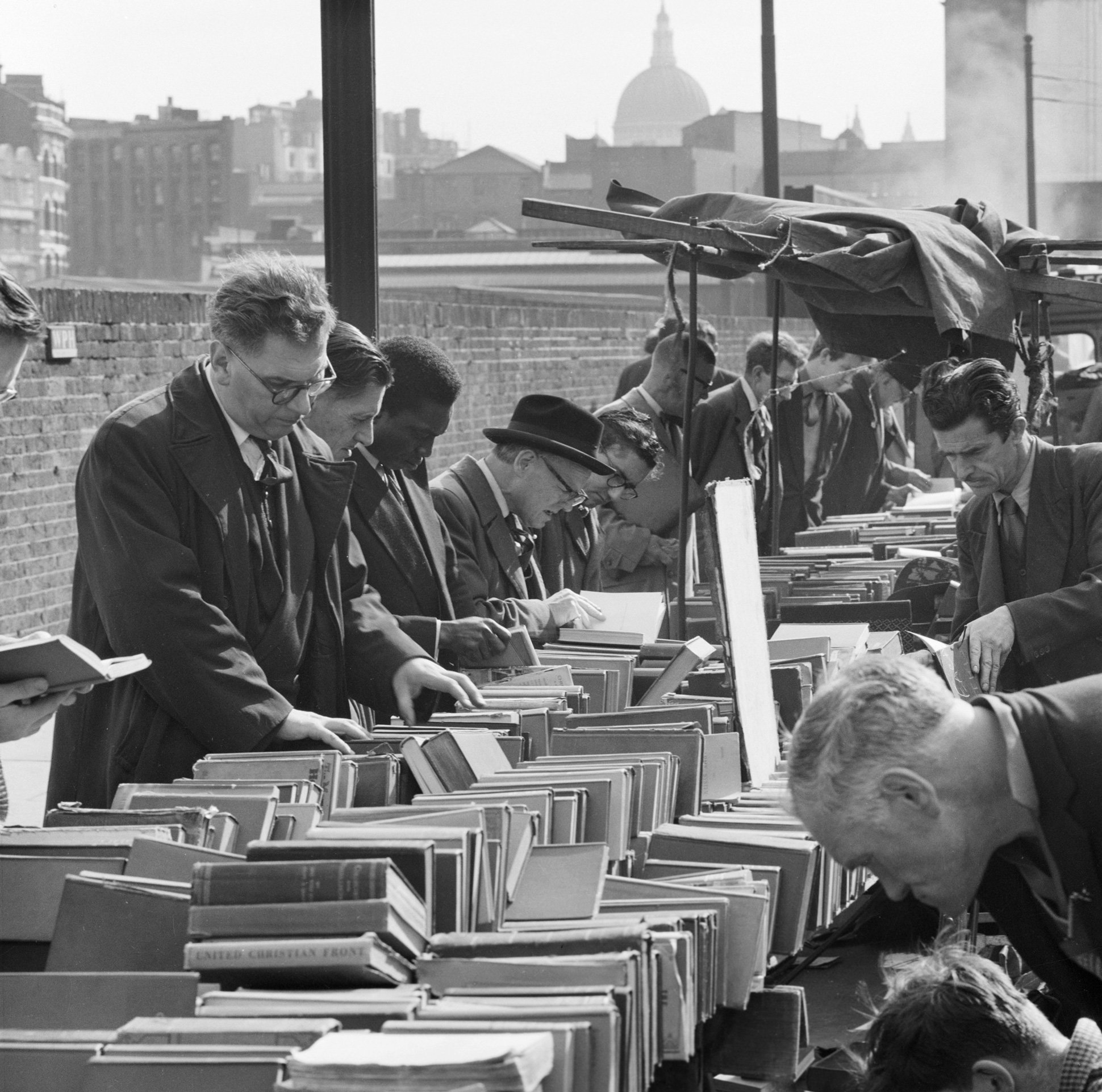Historic England Archive Collections Development Policy
Purpose
The Historic England Archive is the nation’s archive of England’s historic environment. We curate a dynamic collection that tells the story of the shared memories and lived histories of places in England.
We are a unique and nationally important archive documenting the historic environment of England through over 100 years of recording and collecting activity. We collect, curate and preserve our records for the nation, creating a record of our shared archaeological, architectural and cultural heritage. Our particular focus on photography as a means of documenting the historic environment is not generally shared by other repositories.
We are everyone’s archive. We commit to be open, relevant and reflective of all stories and places so we can better understand the historic environment and how it has shaped our rich and diverse cultural identities.
Our records document the historic environment across many forms, and not just sites or areas which have been formally designated. Our records include everyone’s heritage, and document how the historic environment interacts with the lives of people at home, at work and at leisure.
By making our records accessible and open, and encouraging engagement with them, we are supporting Historic England in preserving a heritage that is valued, celebrated and shared by everyone, and a historic environment that people connect with and learn from and that we are proud to pass on to future generations.
Background
The Historic England Archive collects and preserves records under the powers given to the Historic Buildings and Monuments Commission for England (Historic England) under the National Heritage Act 1983. The Historic England Archive has been inspected by The National Archives (TNA) and is approved as a place of deposit for specific public record classes under section 4(1) of the Public Records Act (1958).
The following Historic England strategies have been considered during the development of this policy;
- Historic England Future Strategy 2021
- Strategy for Inclusion, Diversity and Equality – November 2020 to March 2023
- The emerging Active Participation Strategy
- Archive and Library Strategy – 2021 to 2025
What do we collect?
- Records which cover England, together with underwater sites around it
- Records which illustrate change and the changing relationship between people and the historic environment
- Records that represent the diversity of the country and show the story of the shared memories and lived histories of places in England
- Records which document changes in the presentation and management of historic sites
- Records relating to the history of Historic England and its predecessors
- Records relating to the work of individuals and organisations who were significant in the creation or recording of the country’s historic environment
The collecting approach
The Historic England Archive will acquire archive items in the following ways:
- Donations which may be offered directly to the archive or proactively sought to fill known gaps
- Transfers from Historic England and English Heritage Trust
- Outputs associated with Historic England Archive or Historic England engagement activities, and which are created through active participation
- Purchases are made on occasion to fill known gaps in our collection
Analysis of collections
The Historic England Archive will systematically review its existing holdings and seek to prioritise collections for cataloguing, digitisation and engagement activities. We will also identify collections that no longer meet the remit of the collection development policy and will consider them for deaccession.
Analysis of collections takes place during regular Archive Collections Review meetings. The following Historic England strategies will be considered during this process:
- Collections Information Policy
- Deaccession Policy
- Collections Development Plan
Principals and methods for accessioning and deaccessioning
Acquisition of records is discussed by an acquisitions panel at regular meetings. Acquisitions that would require extra resource to make them accessible are discussed at quarterly Archive Collections Review meetings. Deaccessions are considered regularly under the terms of the deaccession policy.
Conditions on acquisitions
- As a public archive, we typically expect all records we accept to be made available to all users
- In order to make our collections accessible, we ask that deposited collections should be accompanied by contextual information. This should include description, date and geographical location, as well as biographical or administrative information about the person or organisation that created the records
- Donors are asked to declare that they are the legal owner of records before the archive accepts them. In most cases, the Historic England Archive seeks transfer of all intellectual property rights, although in some cases we will accept records where a licence has been granted allowing the archive to use the records concerned as it wishes
- Records must be deposited in a reasonable physical condition which allows access, and which will not put other archive material at risk of damage. Material may be assessed prior to deposition to ensure the protection of other records
Limitations on collecting
- The Historic England Archive does not generally collect excavation records, architectural models, artefacts, or published works
- Where records fall within the collecting policies of other archives, we may suggest alternative places of deposit where these seem more appropriate
- The archive will not accept archive items on loan or agree to accept bequests in advance
- The archive usually seeks to acquire final versions of records, and does not usually accept copies or duplicates
Policy review
This policy will be reviewed every three years. The next review is due by April 2025.





